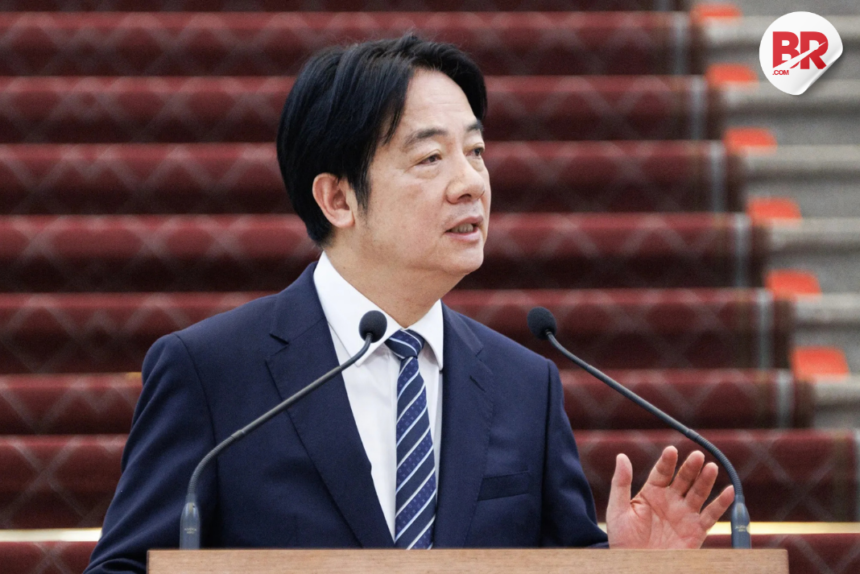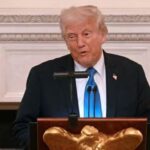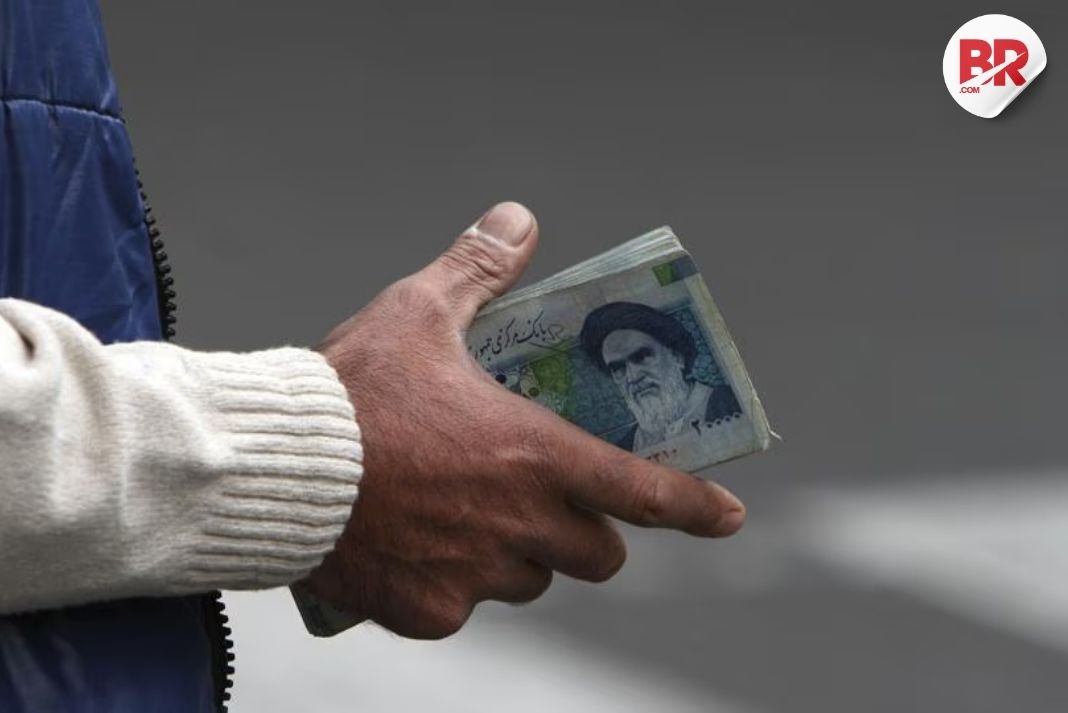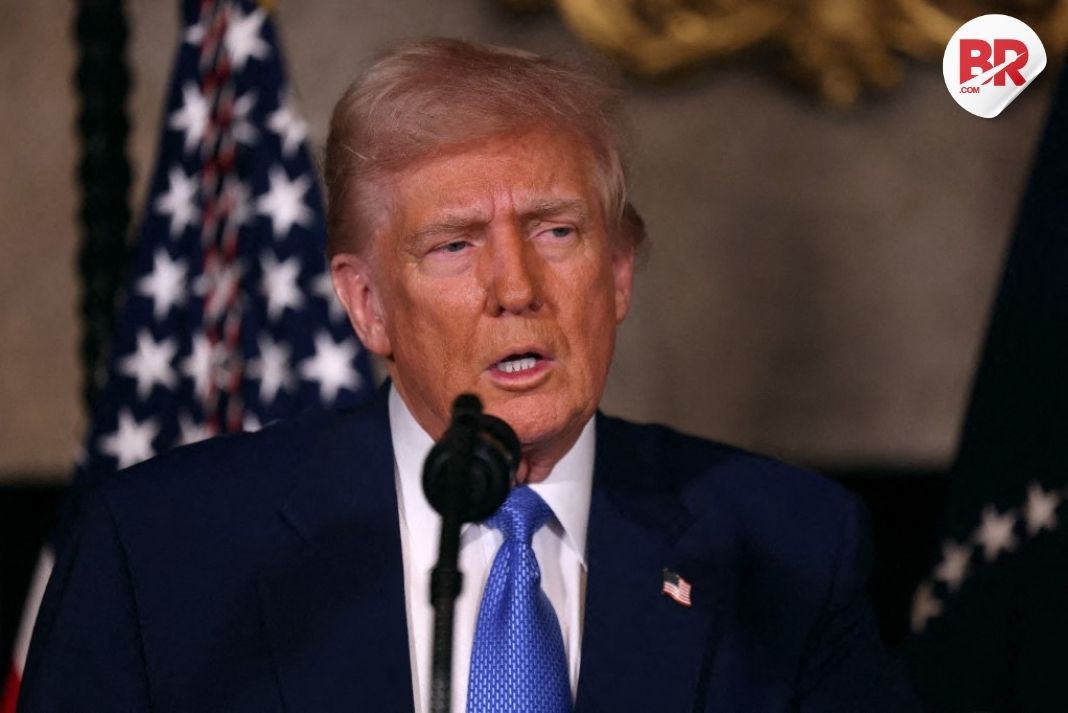
At $582.8 billion in foreign exchange reserves, Taiwan isn’t short on cash. But for the first time, it’s preparing to spend it differently—by launching a sovereign wealth fund to expand its reach abroad.
This bold idea, backed by newly inaugurated President Lai Ching-te, isn’t just about economics. It’s a calculated move to checkmate China on the global stage.

And for China? Well, Taiwan’s no longer waiting to be blocked or bullied—it’s taking the offensive, one investment at a time.
President Lai is the first Taiwanese leader to publicly push for a sovereign wealth fund that invests overseas. The idea isn’t new—Asian neighbors like Singapore and South Korea already use such funds to buy into foreign companies, technology, and infrastructure. But for Taiwan, this is a major shift.
The fund could help Taiwanese firms go global, protect strategic interests, and give Taiwan more diplomatic weight—all without firing a shot.
U.S. Ties and Trade Pressure
Lai’s announcement comes at a tricky time. Taiwan is still negotiating with the United States after the Trump administration slapped a 32% tariff on Taiwanese exports in April. That tariff was paused for 90 days, but the clock is ticking.
Lai says talks with the U.S. are “progressing smoothly.” Still, Taiwan clearly wants more than just good faith—it wants leverage. And this fund could give it that.
Sound familiar? That’s because Donald Trump himself recently floated the idea of an American sovereign fund to buy up strategic companies like TikTok. Taiwan may be taking a page out of the same playbook—only with fewer lawsuits.
Also Read Trump Gives In to Putin, Endorses Russia’s Ukraine War Position in High-Stakes Call
Challenges on the Home Front
There are hurdles, of course.
A proposal in May suggested creating a special law to form an independent body to run the fund, using budget appropriations and bond sales. But Taiwan’s central bank isn’t eager to contribute directly. Governor Yang Chin-long made it clear: no “giving away” reserves. Lending? Maybe.
There’s also a talent gap. Taiwan doesn’t yet have the international investment muscle of places like Singapore. CY Huang, chairman of Taiwan’s M&A and Private Equity Council, supports the fund—but warns it’ll need an international advisory team to avoid rookie mistakes.
This move signals a deeper shift: Taiwan is no longer just reacting to China—it’s building a counterweight. By investing abroad, Taiwan can make allies, influence markets, and create economic anchors that are harder to uproot with military threats or trade bans.
It’s also a sharp turn away from quiet diplomacy. This fund could make headlines, shape partnerships, and rewrite the rules of soft power in Asia.
If Taiwan plays this right, it could become the region’s next power investor—subtly weaving its flag into the balance sheets of emerging economies, tech startups, and strategic sectors worldwide.
And if not? Well, at least it’s not waiting around for Beijing or Washington to decide its fate.
This isn’t just a financial tool—it’s Taiwan’s declaration of independence in global markets. No more quiet resilience. This is smart, strategic swagger—with billions to back it up.
Also Read Did Qatar Really Gift Trump a $400M Jet — or Is There a Bigger Game at Play?













